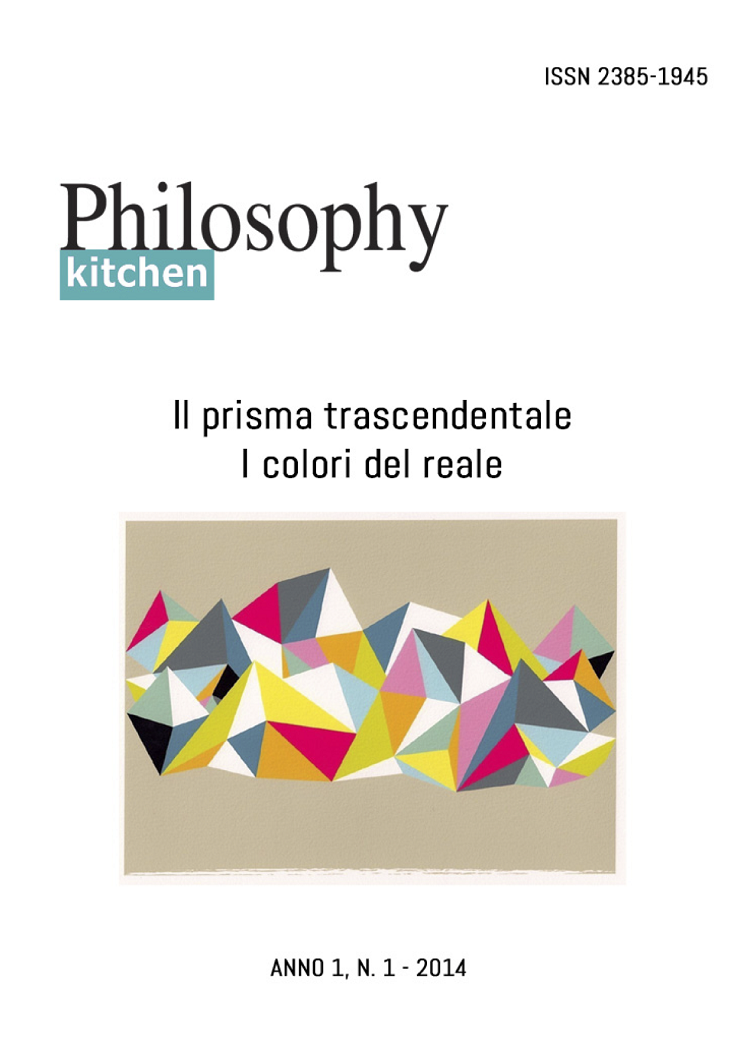Dal pensiero alla vacuità. La critica nāgārjuniana e il trascendentale
DOI:
https://doi.org/10.13135/2385-1945/3765Abstract
As is well known, Buddhist gnoseology avoids the metaphysical issue of fountation: one cannot identify neither an absolute origin of the world, nor a consciousness which unify the multiplicity of experience. Rather, the “I” is a clump of functions developed throughout a long and rough path. Under these premises, in this paper I deal with two questions. On the one hand, the main task of Nāgārjuna's work, namely the deconstruction of the logic and ontologic framework of all substantialist (realist and nihilistic) theories. On the other hand, the transcendental dimension of Nāgārjuna's thought, that is its inspection of the conditions of possibility of its deployment. Once clarified these two points, I finally demonstrate how Nāgārjuna's theory of vacuity is to be taken as a possible solution.





